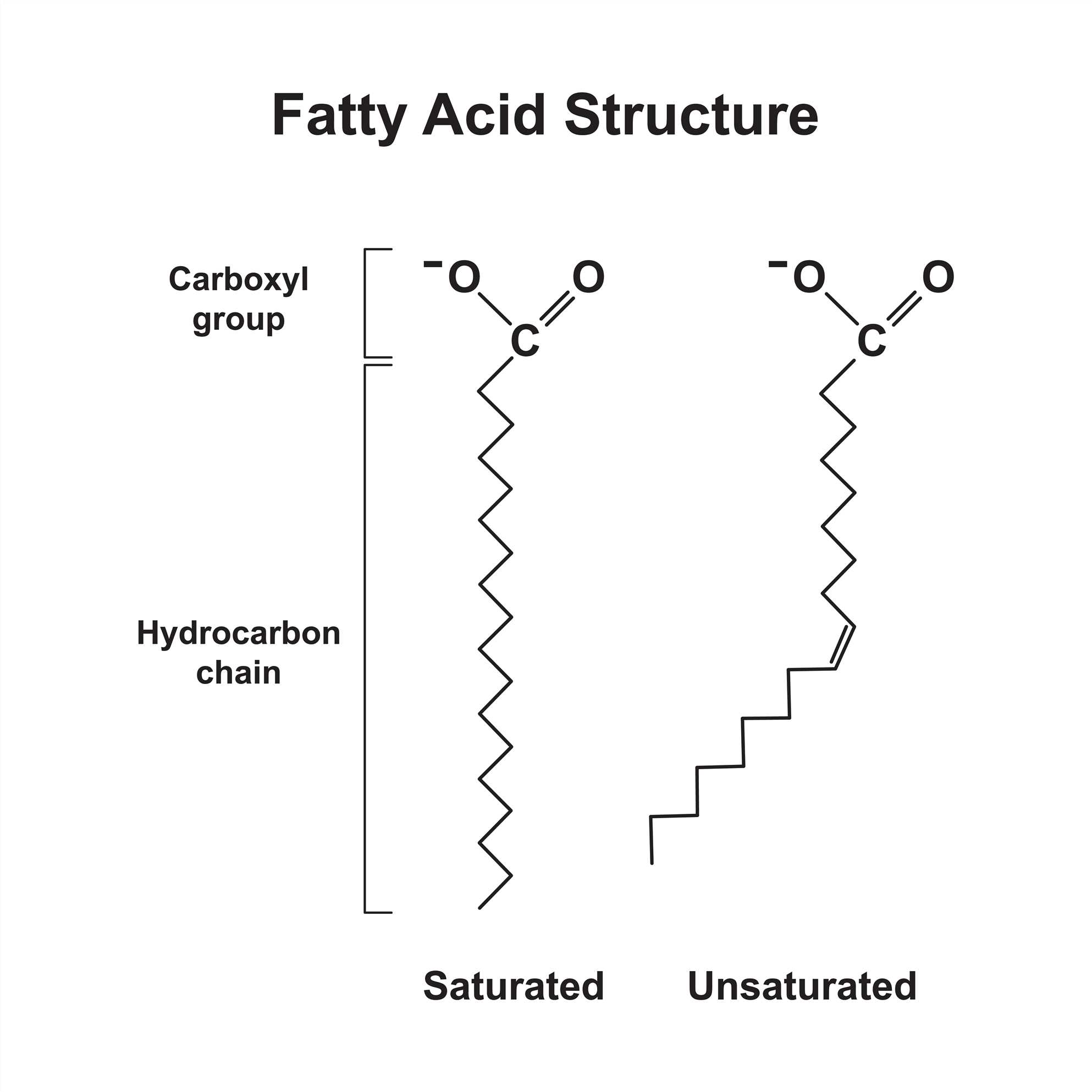Fatty acylation is an important form of post-translational protein modification, involving the attachment of fatty acids to peptide chains as lipid acyl groups. Fatty acylation encompasses different types of modifications, namely N-lipid acylation, S-lipid acylation, and O-lipid acylation, depending on the lipid acyl receptor. These methods of fatty acylation can regulate cellular physiological and pathological processes through different pathways and modalities. Using our hybridoma platform and phage display platform, Creative Biolabs provides advanced services for the development of antibodies specific to fatty acylation, including N-myristoylation and S-palmitoylation specific antibodies.

N-myristoylation refers to the attachment of a 14-carbon fatty acid called myristate to the N-terminal glycine of a protein through N-myristoyltransferase (NMT). In mammalian cells, approximately 150 proteins undergo N-terminal glycine acylation by myristic acid (14:0). These proteins typically contain the shared N-terminal shared sequence: Met-Gly-XXX-Ser/Thr. Since NMT only accepts only the N-terminal glycine as an acyl acceptor, the methionine is first removed by methionine aminopeptidase, exposing Gly as the N-terminal amino acid. Most N-beanylation occurs co-translationally, but caspase-mediated cleavage between Asp-Gly during apoptosis produces the N-terminal glycine. Post-translational N-coumarylation can also occur if the following sequence conforms to the common coumarylation sequence. More than 40 proteins, including PAK2, actin, BID, and others, undergo this type of modification, some of which can target mitochondria and regulate apoptosis. N-myristoylation can regulate physiological processes in the body, such as plasma targeting, subcellular tracking and localization, thereby influencing protein function. As research has progressed, scientists have discovered that N-myristoylation plays an important regulatory role in many diseases, such as infectious diseases, parasitic diseases, and cancer.
S-palmitoylation involves the covalent modification of a long-chain fatty acid, typically a 16-carbon palmitic acid, to a protein cysteine residue via a thioester bond. It is a dynamic, reversible form of post-translational modification found widely in living organisms. Studies have shown that S-palmitoylation plays a crucial in regulating protein translocation, cellular localization, and stability. It is involved in many biological processes and closely related to the development and progression of many diseases. Palmitoylation refers to the covalent attachment of fatty acids to cysteines, primarily in membrane proteins and occasionally in proteins with arginine and threonine residues. Palmitoylation enhances the hydrophobicity of proteins and contributes to their membrane binding. Since palmitoylation is a dynamic, post-translational process, cells can utilize it to modify the subcellular localization, protein-protein interactions, or binding capacity of proteins.
S-palmitoylation is closely linked to the immune response. It can regulate the innate immune response by modulating pathways such as TLR signaling pathway, NLR signaling pathway, interferon-stimulated genes, and tumor necrosis factor. It also plays a role in regulating the function of T-cell co-receptors, transmembrane bridging proteins, B-cell signaling, and fragment crystalline receptor signaling. Therefore, S-palmitoylation is intimately associated with immune-related diseases and inflammation, and represents a potential target for the treatment of such diseases.
Fatty acylation has more regulatory pathways, and the number of physiological processes it mediates is relatively large. Therefore, it naturally plays an important regulatory role in physiological and pathological processes. Antibodies specific to fatty acylation are particularly important in the study of fatty acylation. The development of antibodies against fatty acylation is not an easy task. Since there are various modifications of fatty acylation, developers should consult the relevant literature and determine the antibody development protocol strictly based on the research needs to ensure the accuracy of the antibody. After obtaining the antibody, the cross-reactivity of the antibody should be determined by different antibody assays to determine the specificity of the antibody. The quality of antibody production should be controlled by each process.
Creative Biolabs has a wealth of knowledge and experience in PTM-specific antibody discovery. We would be happy to discuss with you our knowledge and experience in fatty acylation-specific antibody development.
All listed services and products are For Research Use Only. Do Not use in any diagnostic or therapeutic applications.